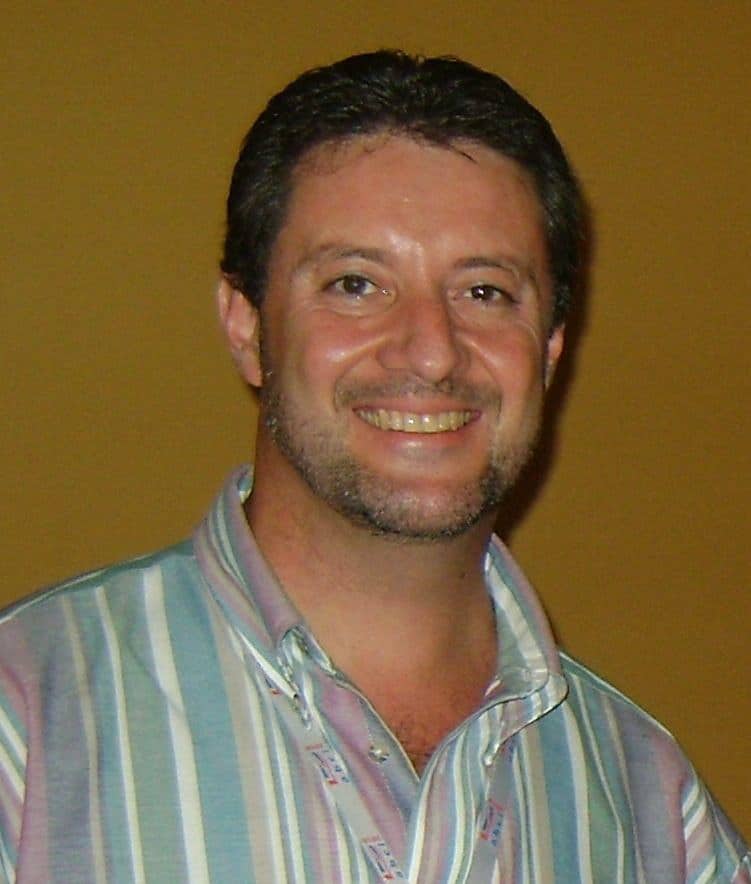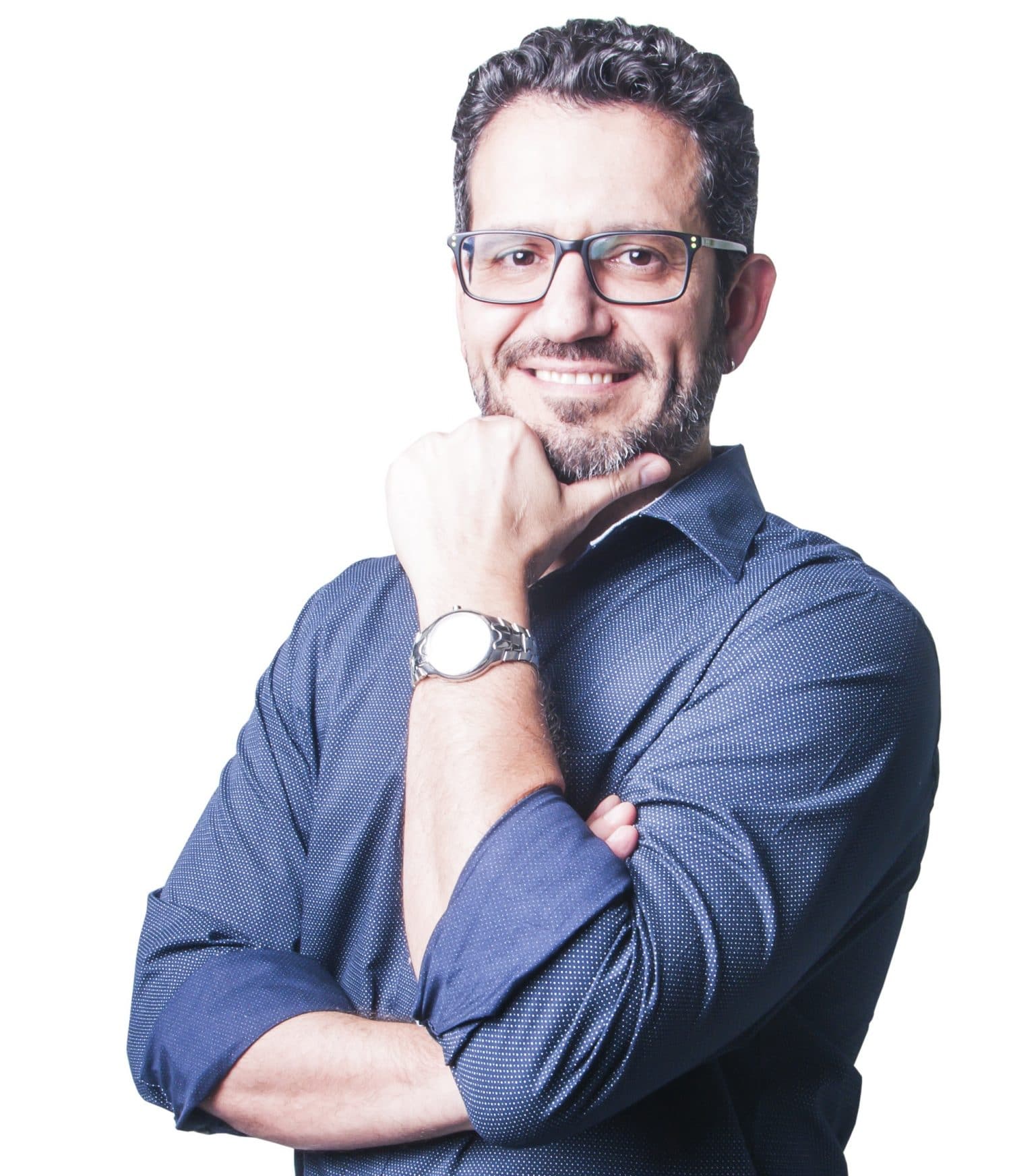Power To The Music
Power To The Music
It is funny how people (students) may instantly think of CCR’s ‘Have you ever seen the rain?’ when you start off a conversation with the chunk ‘Have you ever Blahed?’. Have you ever (seen the rain? – lol) stopped and thought how powerful music can be in terms of learning opportunities? I bet you have, though.
As I see it, music is what comes through my ears and touches my heart. In that sense here lies a powerful tool through which mankind has evolved with. Not only is it an art form but also an invaluable way to teach, enhance and expand the learning of a language, obviously in our case English.
Listening to music is something that we are exposed on daily bases and if one takes pleasure in lending friendly ears to it coupled with whatever activity you are engaged in, the chances are that they will end up being more productive.
Music has intrinsically been part of my both learning and teaching English and I try to whenever possible and applicable incorporate songs to my teaching environment. The very fact of listening to music lends itself to L2 exposure, then a wonder on the grounds that the more music one listens to, the more chances of development they stand. There are a few pointers we need to bear in mind, though. So, according to New Kids On The Block…
The first step is… put your own taste aside for awhile and think critically how diverse your playlist may be built so that you can meet your learners’ wants and needs. Remember that such diversity will lead to your own learning since you will most certainly be bombarded by suggestions from your students of songs that will eventually lead you to go like ‘Never have I heard this before!’- so, keep an open mind (and ears as well).
The second step is… learning to listen – listening is a skill which is oftentimes considered the most difficult. Hence, it is important that such skill is dealt with carefully. In other words, by providing (teaching?) listening habits might minimise the level of stress or difficulty learners have when confronted with listening tasks. If we tell our learners that it is OK to watch films with sub-titles/CC, so it is also true that we can apply the same principle to the lyrics of a song.
The third step is… map out the language systems a particular song might assist learning. There are songs which will add to learning when grammar is the target language. By the same token, other songs will facilitate learning when lexis is at stake. However, pronunciation should always be there, integrated so that learners have the opportunity to see notice how pronunciation is important and will certainly facilitate the development of listening skills, let alone speaking skills.
The fourth step is… I remember being a learner and copying the lyrics, a fact which helped me a lot in terms of writing. Apparently, technology has been creating a sort of lazy society and writing as opposed to cutting/pasting is becoming one real issue in terms of skills. Despite the moans and groans of students, give it a try and have them copy the lyrics every now and then. After all, a little exercise to the hands will do them some good.
The fifth step is… I know that the term ‘translation’ is often frowned upon. I also know that this is a semantics matter, consequently, do get students to find ‘a version’ of the song in L1, though. We seem to be very lucky to have Portuguese stemming from Latin and many words or chunks may present themselves in Latin origin, which again may facilitate learning.
The sixth step is… impact the world with your voice. Singing is a fantastic activity and even if you sing out of tune, you can follow Ringo Starr’s rule and always get by with a little help from your friends. Needless to say that it is a fun moment to playfully develop your both pronunciation, speaking and listening skills.
Well, I must have lost count of how many participants New Kids On The Block has (had?), however, I am sure there are more steps we can use to our advantage when working with music within and without our teaching/learning environment. As I mentioned before, music to me is what comes through my ears and goes directly to my heart, so make sure that every beat counts!




